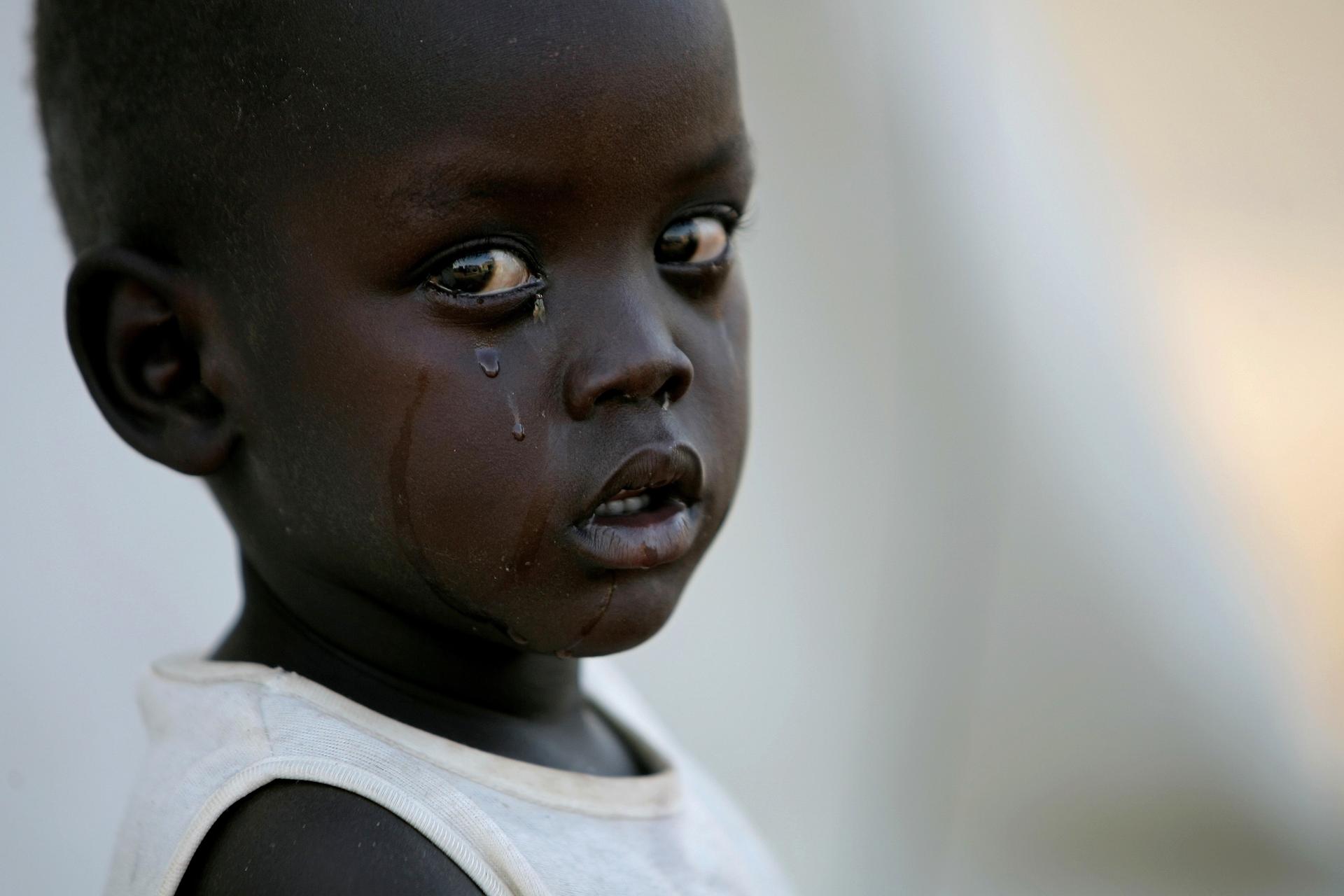South Sudan News: 130 Doctors Without Borders staff missing
Amid the joy of South Sudan’s independence, Sudanese within Bashir’s reach still suffer.
Doctors Without Borders goes where others don't. And that often gets its staff in trouble.
The doctors and medics of the group, also known by their French name, Medecins Sans Frontieres, go to centers of conflict where most other medical teams do not. And that means they are often in danger.
On December 29, two staff members were killed in Somalia.
The latest news from South Sudan is especially worrying. Some 130 staff at the Doctors Without Borders clinic in Pibor, South Sudan, are missing, according to a statement from the group.
Renewed ethnic violence in Jonglei State, South Sudan, has forced thousands of families to flee into the bush. Two Doctors Without Borders medical facilities have been targeted and the independent medical humanitarian organization has been forced to temporarily suspend its much needed medical activities in Pibor County.
Doctors and nurses had to evacuate a hospital in the town of Pibor and two outreach clinics as a column of 6,000 armed youths from the Lou Nuer tribe descended on the town in pursuit of a rival tribe, the Murle, according to the Telegraph. The hospital was reportedly torched by the attacking forces.
The Lou Nuer and Murle are in conflict, with each accusing the other of stealing cattle and killing tribal members. Neither UN peacekeepers nor the South Sudan army were able to stop the attack on Pibor.
“Thousands of people have fled for their lives in Lekongole and Pibor in the last week and are now hiding in the bush, frightened for their lives,” said Parthesarathy Rajendran, DWB head of mission in South Sudan. “They fled in haste and have no food or water, some of them doubtless carrying wounds or injuries, and now they are on their own, hiding, beyond the reach of humanitarian assistance.”
An estimated 150 people were killed, according to the United Nations, but now the invading band has gone back to their home areas, according to the BBC. However, the thousands who fled the area, including the medical staff, are still missing and believed to be hiding the the bush.
The village of Lekongole has been raised to the ground and an DWB team that assessed the situation in Pibor on Dec. 28 described it as a ghost town, virtually everyone having fled into the surrounding country. While the people are hidden in the bush, we cannot reach them to clean and dress wounds, treat diseases and provide general primary healthcare. The longer they are in the bush, the more serious it will become for people who are injured or sick.
During the violence, two of DWB’s medical facilities were looted and damaged; the clinic in the village of Lekongole on Dec. 27, and the small hospital in the town of Pibor on Dec. 31.
A third clinic in the nearby village of Gumruk has not been affected, according to the group. These three medical facilities are the only healthcare available for the 160,000 people in Pibor County. The nearest alternative medical facility is more than 50 miles away.
Doctors Without Borders condemns "in the most serious terms the targeting of neutral and impartial medical facilities." The organization has provided neutral medical aid in South Sudan for the last three decades, working in many different communities in the country, treating anyone who needs medical care irrespective of their ethnicity, religion or political affiliation. Yet besides the two recent incidents, in August last year, DWB’s medical facilities in Pieri, further north in Jonglei State, were also looted and burned.
Ten DWB international staff were relocated to Juba on Dec. 23, just before the latest violence erupted, and the group's 156 locally hired staff were strongly advised to leave their town and seek refuge in the area.
Although DWB has established contact with a few of them, many cannot be contacted as they have taken flight along with their families and neighbors. Their precise whereabouts are unknown and DWB is deeply concerned about their safety.
DWB is ready to return and recommence providing emergency care as soon as possible.
“There are several crisis situations evolving in different parts of South Sudan right now,” adds Rajendran. “Our medical teams are also currently responding to the crisis of refugees fleeing conflict in neighbouring Sudan. These are staunch reminders that despite independence, acute emergencies are still all too present in South Sudan and the capacity for emergency humanitarian response remains an absolute priority.”
According to its statements, Doctors Without Borders started working in Sudan in 1978 and begin activities in the area that is now South Sudan in 1983. DWB works in 8 of 10 states in South Sudan today, providing healthcare in 15 projects via roughly 2,500 national staff and 200 international staff.
DWB and its clinics serve a variety of communities, which offer free care and are open to all. In 2010 DWB teams across the country carried out 588,000 outpatient consultations, treated 37,000 people with malaria, delivered 20,000 babies, cared for 18,000 hospitalized patients, and cured almost 26,000 malnourished children under 5 years old.
